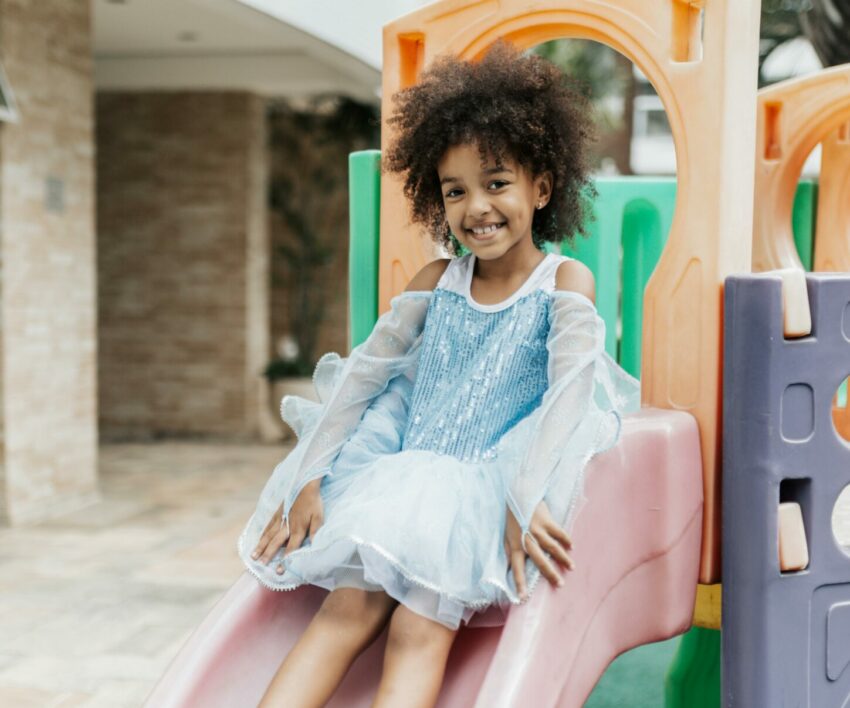
We all know that a kid’s imagination is the size of the whole planet, it is unstoppable and it runs wild. This is why parents are always encouraged to support their children’s creative thinking because that is how they grow in understanding.
What happens when your child starts talking to unseen people and better yet, introduces those imaginary people to you and their friends? Should you be worried about your child’s psychological well-being?
According to the Healthy Children publication, imaginary friendships in children are not a sign of loneliness or lack of real friends, they provide a safe space for children to develop social skills, group dynamics, and communication strategies.
“It often helps them see their world from other perspectives and gain empathy. By creating an imaginary friend, they have to understand the perspective of others in the scenarios they are acting out.”
The above source continues to state that these friendships are a normal part of social development and should be comforting and controllable. The only time you should be concerned according to Healthy Children is when the imaginary friend is persistent, threatening, or encouraging violence towards your child, leading to sudden changes in social interactions, hygiene, speech, or concentration abilities.
Focus On The Family claims that imaginary friends are a normal part of life for preschoolers, and parents should not worry about them unless a child loses touch with reality. It is important not to blame imaginary friends for their misbehaviour, as they will eventually disappear as a child matures and builds friendships with real-life peers, the publication suggests.
A study by the University of Washington and the University of Oregon found that approximately 65 per cent of all children have an imaginary friend by age seven. Pretend friends are said to allow children to safely act out social situations and conflict resolution. ” An only or first child may be more likely to invent an imaginary friend, and language skills may develop sooner for children who talk with an imaginary friend.”




